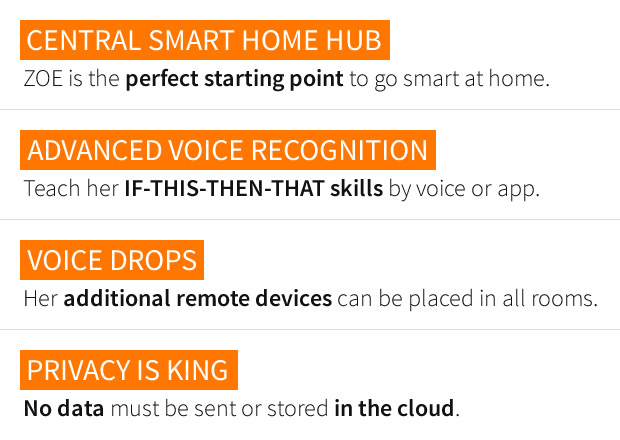wkearney99
Senior Member
Dean Roddey said:Yeh, that's a completely bogus claim. The only thing that has to be done via cloud is making money via the cloud. And it does make it a bit easier to connect remotely, but of course any company could reasonably provide that feature without the rest of the cloudiness. Well, there might be things that require enormous processing, like reducing all of the gigabytes of data they've collected on you in order to sell it for money I guess.
You GREATLY underestimate the value of connecting remotely. It's not about just being able to do something when you're not on site. It's about multiple things (services, devices, phones, tablets, voice) being able to interact without everything HAVING to be on site or having to be CONFIGURED to allow connection into the site. Being able to do NAT traversing and the like has been a huge hassle. Making use of cloud resources for this takes of a lot of the very annoying dirty work out of the equation.
This is not without risks, costs and side-effects of third party motivations. TANSTAAFL always applies. But it DOES get to the heart of what consumers want... "just work" and "cheap". Their existing crappy-ass home router stops becoming (as much of) a support problem. Or their two-cups-and-wet-string ISP bandwidth, which is being neatly forced into improvement by virtue of cloud-based services like Netflix generating consumer pull.
Meanwhile, services like AWS and Bluemix, Xively (and no doubt countless others), coupled with SSL certs being more readily purchased by consumers means a lot of security hacks can be dealt with more effectively.

